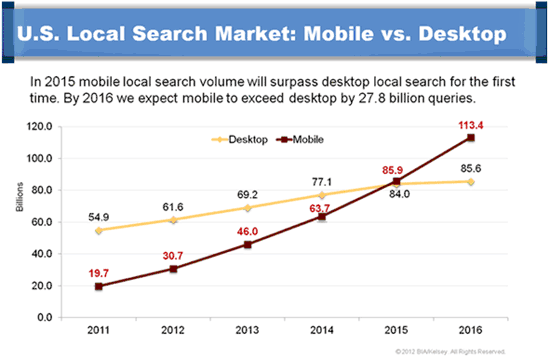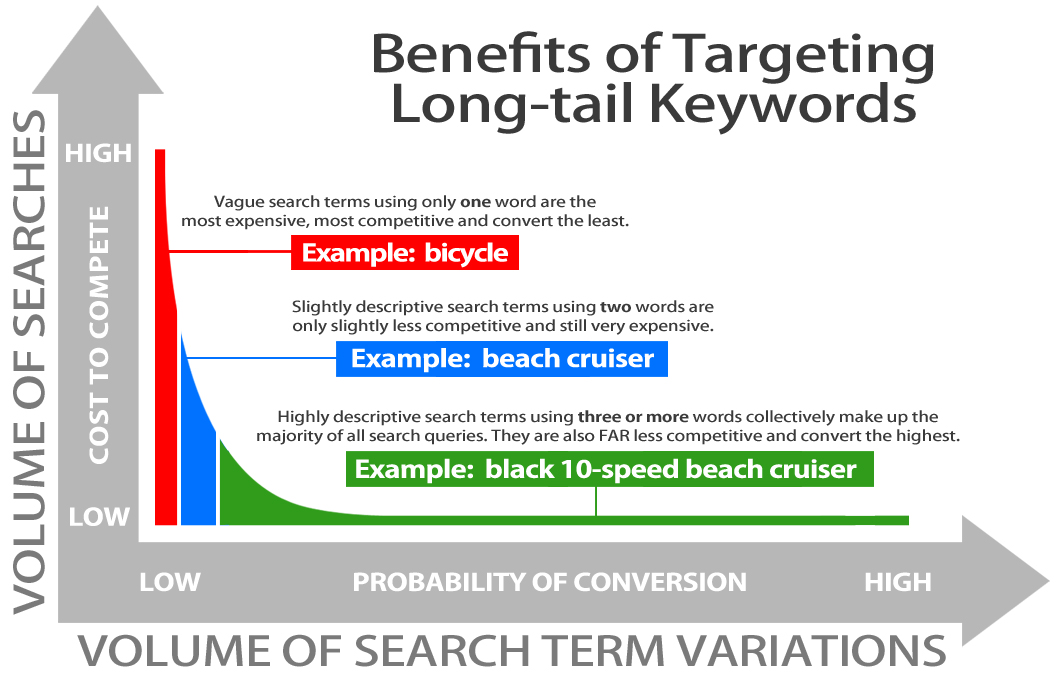As the Greek philosopher Heraclitus once said: “The only thing permanent in life is that things will always change.” Though Heraclitus likely wasn’t imagining the unpredictable and ever-evolving modern digital landscape when he spoke those words over 1,500 years ago, they nonetheless ring true for anyone attempting to keep up with the latest and best SEO practices today. To help your company stay ahead of the curve, the marketing wizards at Alecan have compiled a list of the top five 2015 SEO trends that will significantly impact your websites in the coming year.
#1. It’s ALL About Content. By now, any SEO professional, business owner, or causal blogger worth his or her salt should be familiar with the oft-repeated digital marketing dictum “Content is King,” and there is no indication that this truism will change in the near future. What will change, however, is the deepening divide between SEO and content marketing strategies – though at one point these terms were practically synonymous, in 2015 we expect to see SEO specialists focusing more on the technical aspects of SEO strategy (i.e. keyword research, meta tags and titles, indexing) while content marketing gurus will become more concerned with the value of content (the term value defined as “well-written, relevant, and topic-based articles that either inform, entertain, or provide answers to specific questions”) on websites and social media platforms. In short, websites with valuable content will rank, while those that lack good, meaningful content – including those sites that focus solely on the technical aspects of SEO but fail to develop valuable content – won’t. Given that organic search is still the #1 channel for driving visitors to websites, content marketing’s ability to influence search visibility will make developing valuable content the most important aspect of any SEO strategy in 2015.
#2. Mobile Matters More Than Ever. As smartphones and tablets continue to become more ubiquitous and powerful, the average internet user is becoming increasingly mobile; in response, digital marketing companies must shift their focus and change their strategies to incorporate this quickly growing trend in user behavior. Mobile users not only consume content in a fundamentally different way from desktop users – for example, they’re more likely to use voice search replete with long-tail keywords and access content that allows them to complete tasks while “on-the-go” – but from an SEO perspective, Google now places more importance (which translates to ranking) on mobile usability. Just as Google has incorporated mobile-based analytics into their system, they have also penalized websites that generate errors for mobile users, effectively forcing companies to create the best possible mobile user experience within, or in addition to, their standard desktop websites. This trend shows no sign of slowing down, and we predict that companies who can deliver a high-quality, mobile website will enjoy a competitive edge in the coming years.

#3. Brand Mentions (Citations) Have Power. While several reputable SEO websites began espousing that “brand mentions will become as powerful as inbound links from authority sites” way back in the Spring of 2014, the experts at Alecan Marketing believe this prediction will start to gain traction in 2015. While “express links” (URLs that lead back to a website) from authority sites still pack the biggest SEO punch – and probably will continue to do so for the foreseeable future – due to widespread abuses in the form of “link-building schemes,” Google is now placing higher value on “implied links” (mentioning the brand within a website’s content but not actually creating a link back to the brand) which are more difficult to manipulate and, for Google, signal real authority. Making sure your brand’s name in the Yellow Pages, Yelp!, and cited on industry-specific and niche websites is just one way to earn these valuable mentions; also try leveraging social contacts to gain implied links through:
- Hosting a networking event for businesses and people in your company’s industry
- Creating a scholarship or grant in your business’ name
- Sponsoring a local sports team, club, or charitable effort
- Joining your city’s local Rotary Club, Business Association, or Chamber of Commerce

#4. The Rise of Social Signal Influence. Although Google has repeatedly denied that “social signals” – i.e. the number of Followers, Likes, Retweets, and Shares on social media sites – are included in their ranking algorithms, the positive correlation between the two leads many digital marketing experts to believe that, in 2015, Google will finally admit that these signals actually do influence a website’s ranking; social media sites like Facebook and Twitter are high-authority sites, after all, and as Google’s lead spam hunter Social engagement is increasingly viewed as a marker of value and authority, and if the goal of search engines like Google is to provide users with relevant, high-quality content, then it stands to reason that social signals will become more important in an increasingly social digital arena.
#5. Long-Tail Search Becomes A Worthy Investment. As the internet becomes flooded with more content and competition on the SERPs becomes increasingly fierce, small websites and start-up companies are going to find it increasingly difficult to rank for high-value/high-volume keywords. In 2015, we expect long-tail keywords (a longer set of keywords that target a specific location, product, or service) to offer greater conversion rates and bigger returns on investment. The rise in mobile traffic and mobile-based search, too, is likely to play into the growing demand for highly-specified search results; as mobile devices become more adept at “listening” to voice searches and understanding the intent behind long-tail keywords – i.e. a search for “movie theaters in Pasadena with matinee specials” instead of “Los Angeles movie theater” – expect companies that know how to market to niche audiences to reap the benefits of using long-tail instead of general keywords.




